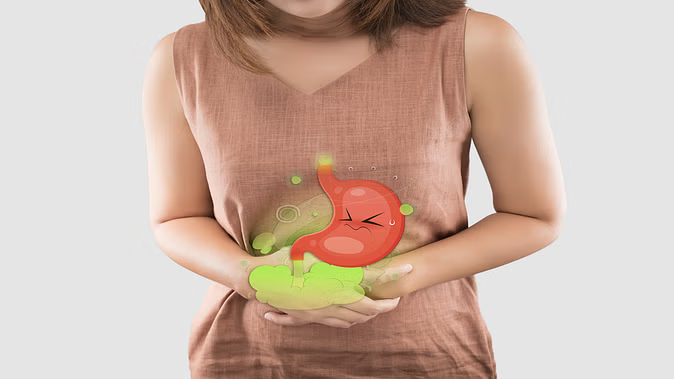Even a little carelessness regarding health during summer can cause many types of health problems. Not only is there a risk of heat stroke due to high temperatures and strong sunlight, but the risk of food poisoning also increases due to carelessness regarding eating habits in summer.

During summer, bacteria start growing rapidly in food or drinks kept for a long time. Consuming contaminated food can make you a victim of food poisoning and many serious problems related to digestion.
Food poisoning is a food-borne illness that can cause stomach upset, diarrhea, and vomiting. At the same time, if poisoning is not treated on time, it can lead to severe dehydration and other related problems. Let us understand what are the causes of food poisoning and what measures should be taken to prevent it.
Problem of food poisoning in summer
The problem of food poisoning mainly occurs due to eating food that is infected with some kind of bacteria or virus. When you eat contaminated foods, bacteria start growing in the digestive tract and cause infection. Carelessness in handling food, and lack of hygiene while cooking or eating stale things can cause food poisoning. It is considered necessary to identify its symptoms in time and treat it.
What are the problems of food poisoning?
Symptoms of food poisoning may vary depending on the cause of the illness. Generally, food poisoning can cause stomach upset, vomiting, diarrhea, stomach pain and cramps, bleeding from defecation, headache along fever. If it is not treated in time, the risk of swallowing problems and weakness also increases. If vomiting and diarrhea are not controlled in time, it can lead to severe dehydration, which can further increase health complications.
What to do if you get food poisoning?
Treatment for food poisoning depends on how severe your symptoms are and what is causing the illness. A fluid transfusion may be required to overcome the lack of fluids and electrolytes in the body. If the illness is caused by bacteria, you may also need antibiotics.

Health experts say that to stay safe from the danger of food poisoning, it is important to pay special attention to some things.
Ways to avoid food poisoning
Doctors say that to avoid food poisoning, it is important that you continuously follow some simple measures.
Wash your hands regularly with soap and water for at least 20 seconds. Wash hands before and after eating.
Eat fruits and vegetables only after washing them thoroughly.
Clean kitchen utensils thoroughly.
Do not eat raw or undercooked food.
Don't keep food for too long. Keep food well covered even in the refrigerator.
(PC: ISTOCK)










